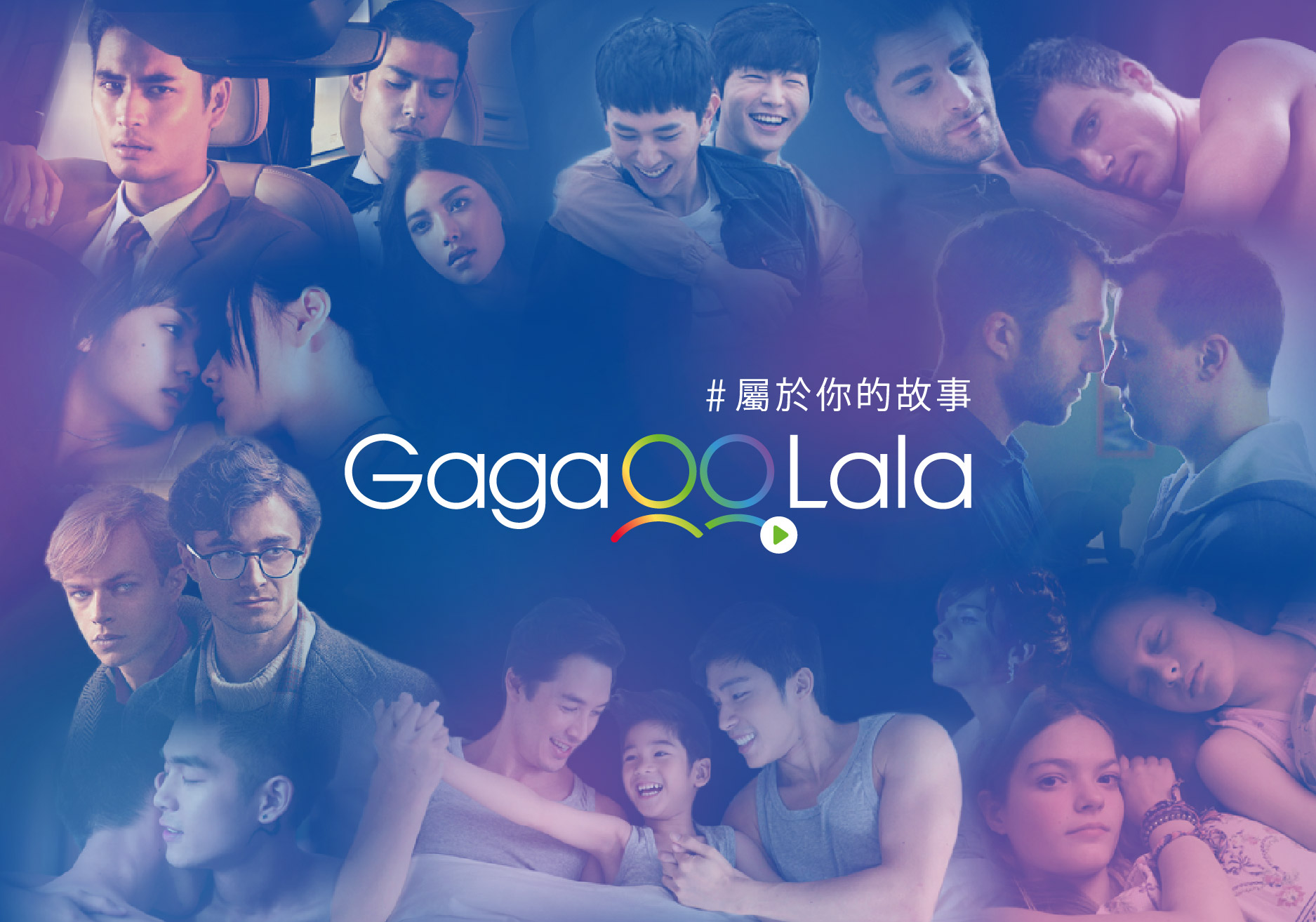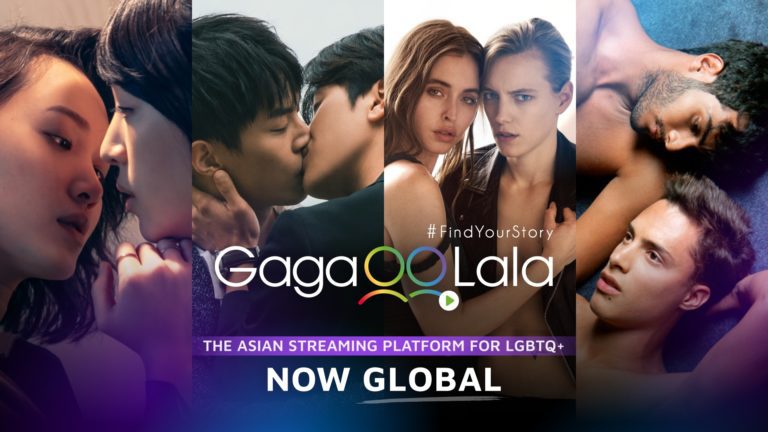Finding ways to watch LGBTQ+ content can be hard if you don’t know where to look. Wouldn’t it be amazing if there was a “gay Netflix”?
 GagaOOLala’s tagline is “Find Your Story,” which speaks to the platform’s commitment to being a space that has a story for everyone. Image from GagaTai, GagaOOLala’s partner site for for gay news and LGBT film reviews and interviews.
GagaOOLala’s tagline is “Find Your Story,” which speaks to the platform’s commitment to being a space that has a story for everyone. Image from GagaTai, GagaOOLala’s partner site for for gay news and LGBT film reviews and interviews.
Look no further, because we’re here to introduce you to GagaOOLala, the one and only Asian streaming platform for LGBTQ+ content from around the world.
The site is based in Taiwan, the first place in Asia to achieve same-sex marriage, GagaOOLala is available worldwide for $6.99 a month. All films currently are equipped with English and Chinese subtitles, with other languages being added continuously.
[zombify_post]


0 Comments